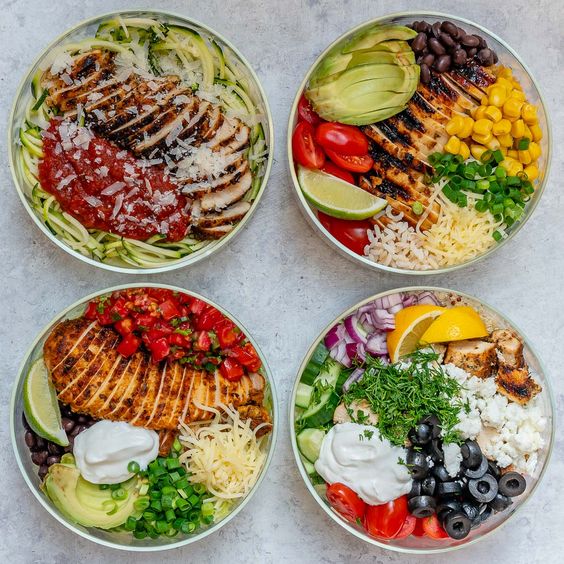Introduction
Heart disease remains a leading cause of mortality worldwide, emphasizing the critical need for proactive measures to maintain cardiovascular well-being. While genetics play a role, adopting a heart-healthy diet stands as a potent tool within our control. This involves more than just eliminating unhealthy fats; it's about embracing a holistic approach to eating that nourishes your heart and enhances overall health.

This comprehensive guide delves into the intricacies of creating a sustainable and enjoyable heart-healthy diet plan tailored to your needs. We'll explore the science-backed principles, provide practical tips for implementation, and equip you with the knowledge to make informed dietary choices that promote a vibrant and robust heart.
Understanding Heart-Healthy Foods
The foundation of a heart-healthy diet rests on choosing nutrient-rich foods that support cardiovascular function.
Embrace Fruits and Vegetables:
- Aim for at least 5 servings daily, incorporating a variety of colors for a wide range of vitamins, minerals, and antioxidants.
- Berries are particularly beneficial, packed with antioxidants that combat oxidative stress and inflammation.
- Leafy greens like spinach and kale are rich in nitrates, which can improve blood flow and lower blood pressure.
Prioritize Whole Grains:
- Opt for whole-grain bread, pasta, brown rice, and quinoa over refined grains.
- Whole grains are excellent sources of fiber, which helps regulate cholesterol levels and blood sugar.
Choose Lean Protein Sources:
- Include fish rich in omega-3 fatty acids, such as salmon, mackerel, and sardines, at least twice a week.
- Incorporate plant-based protein sources like beans, lentils, tofu, and nuts.
- Limit saturated fat intake from red meat and full-fat dairy products.
Healthy Fats are Essential:
- Incorporate sources of monounsaturated and polyunsaturated fats, found in avocados, olive oil, nuts, and seeds.
- These fats can help lower LDL (bad) cholesterol and raise HDL (good) cholesterol levels.

.jpg)